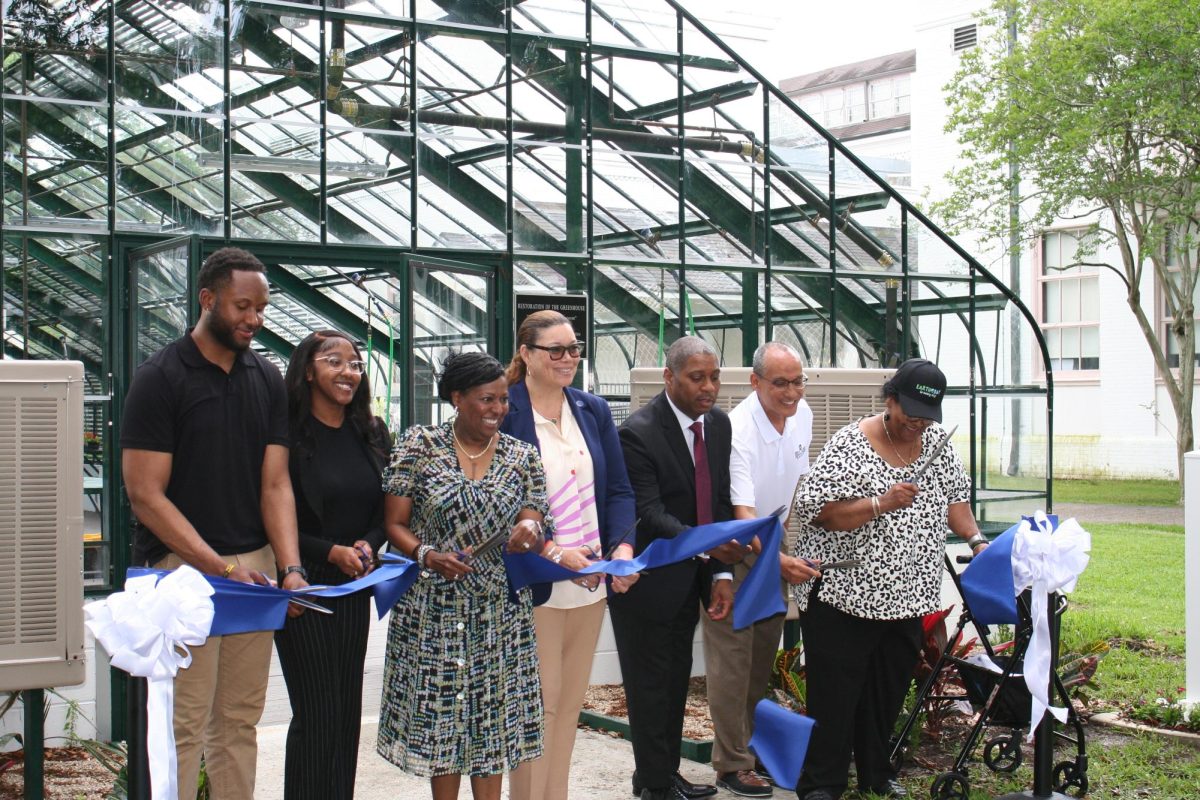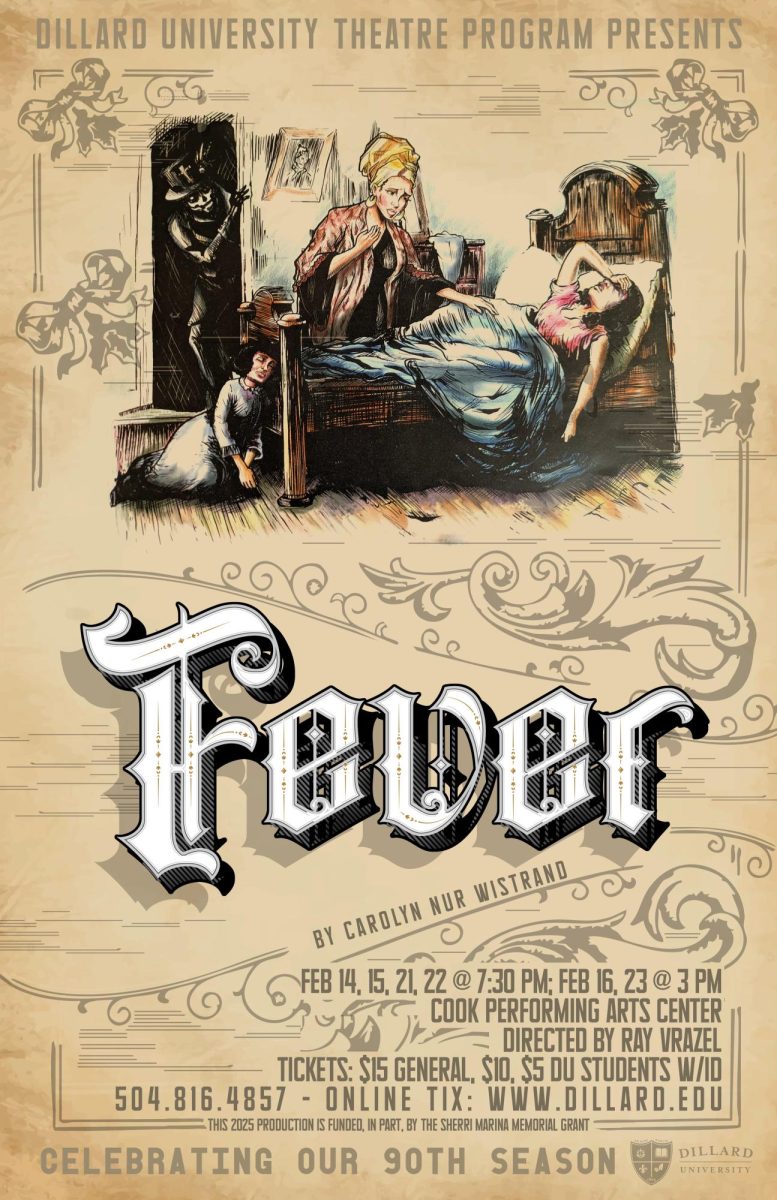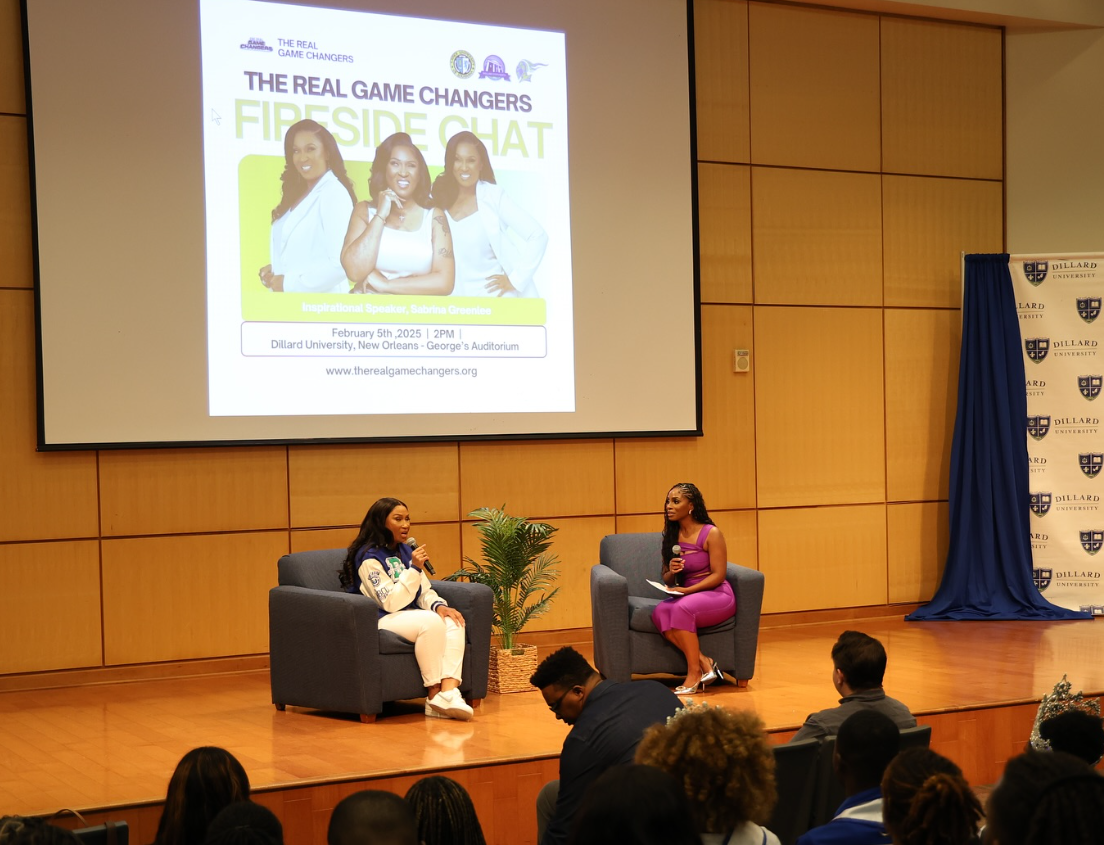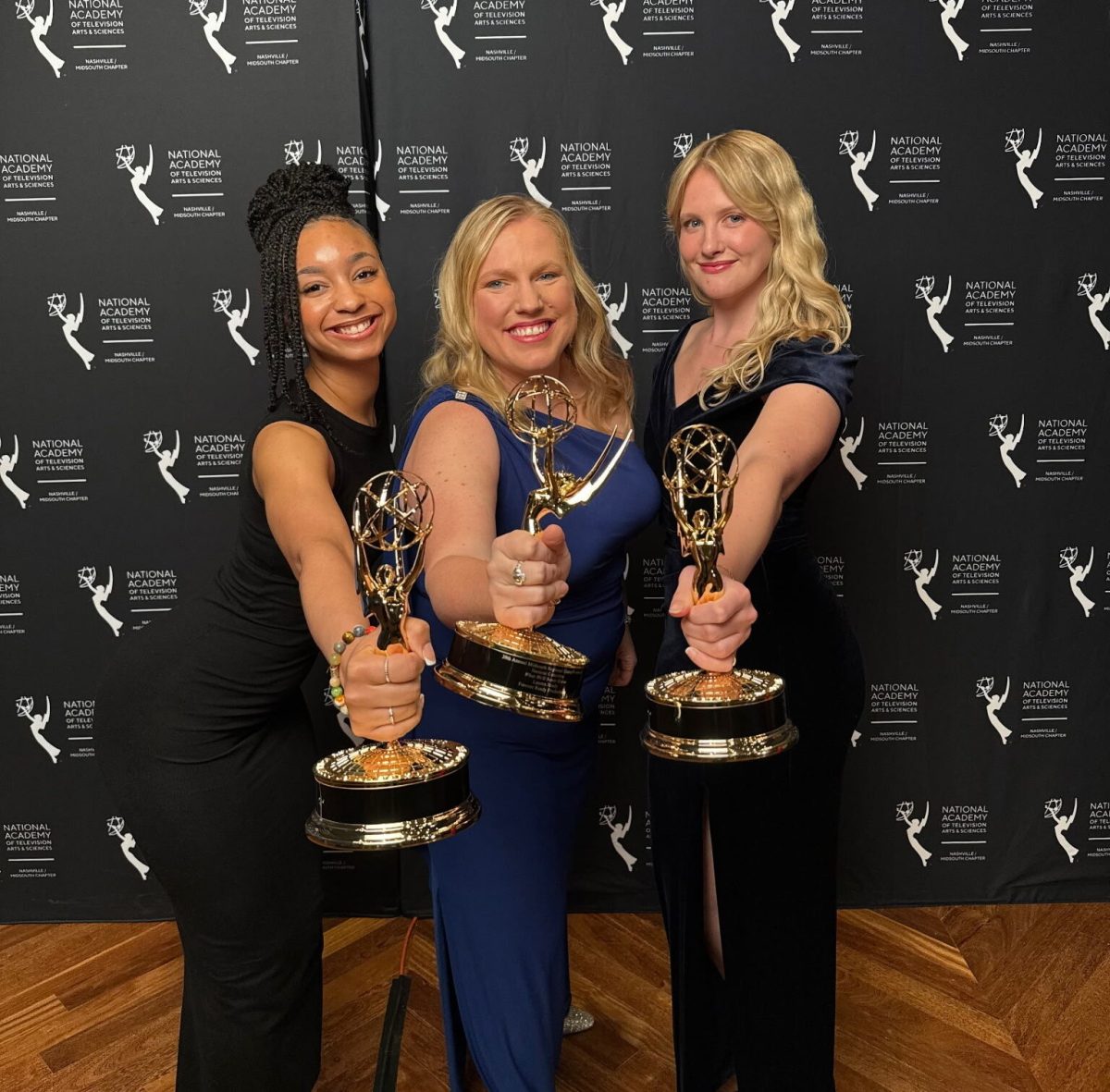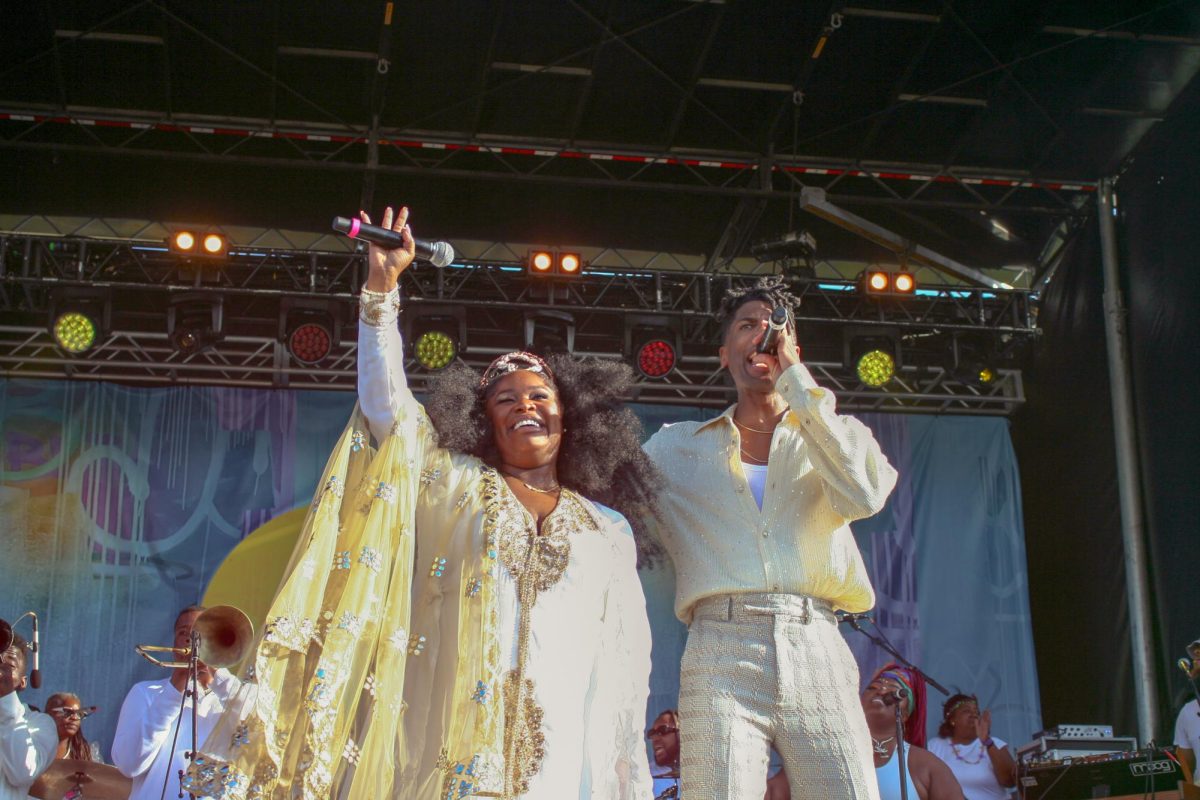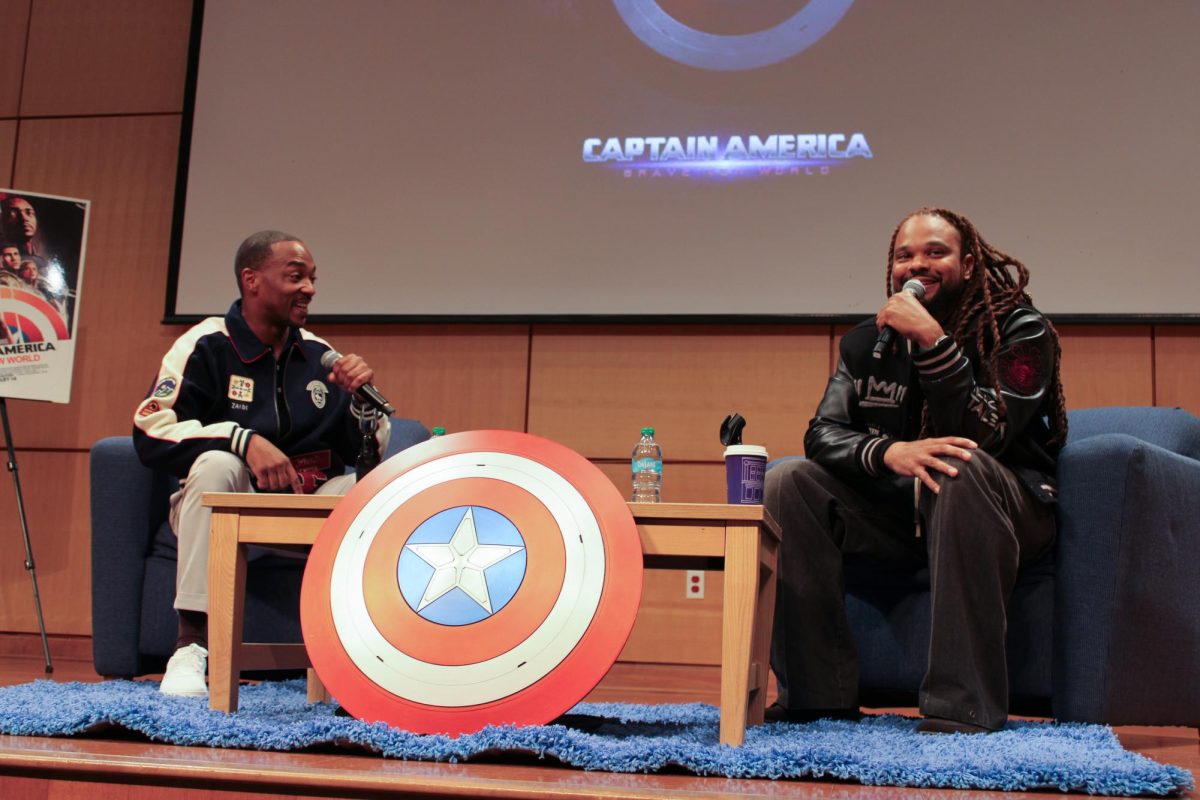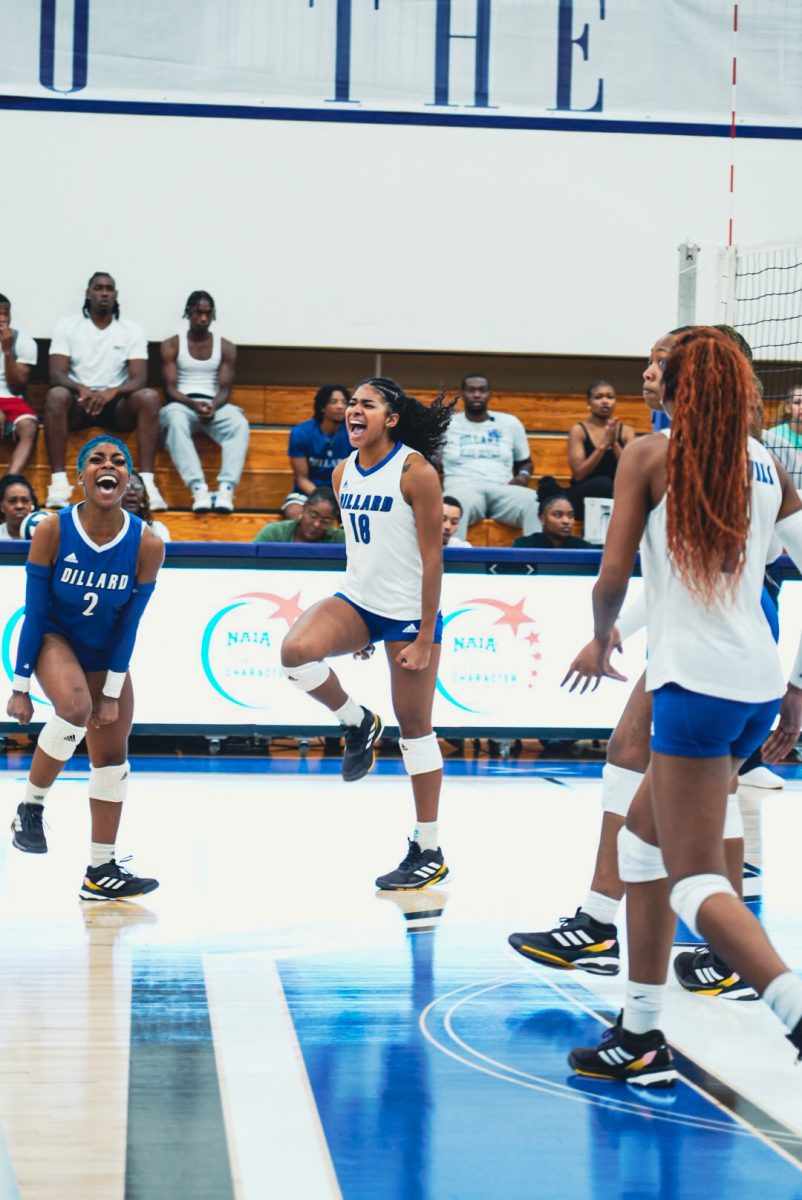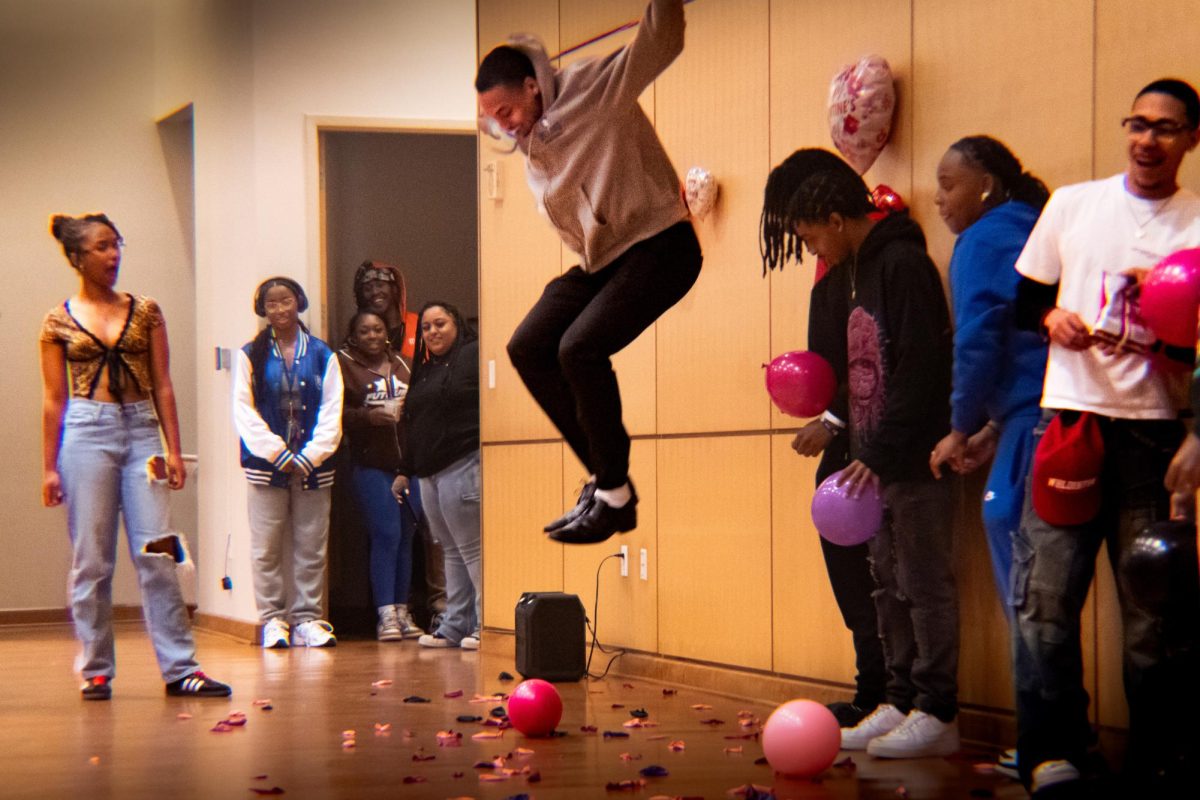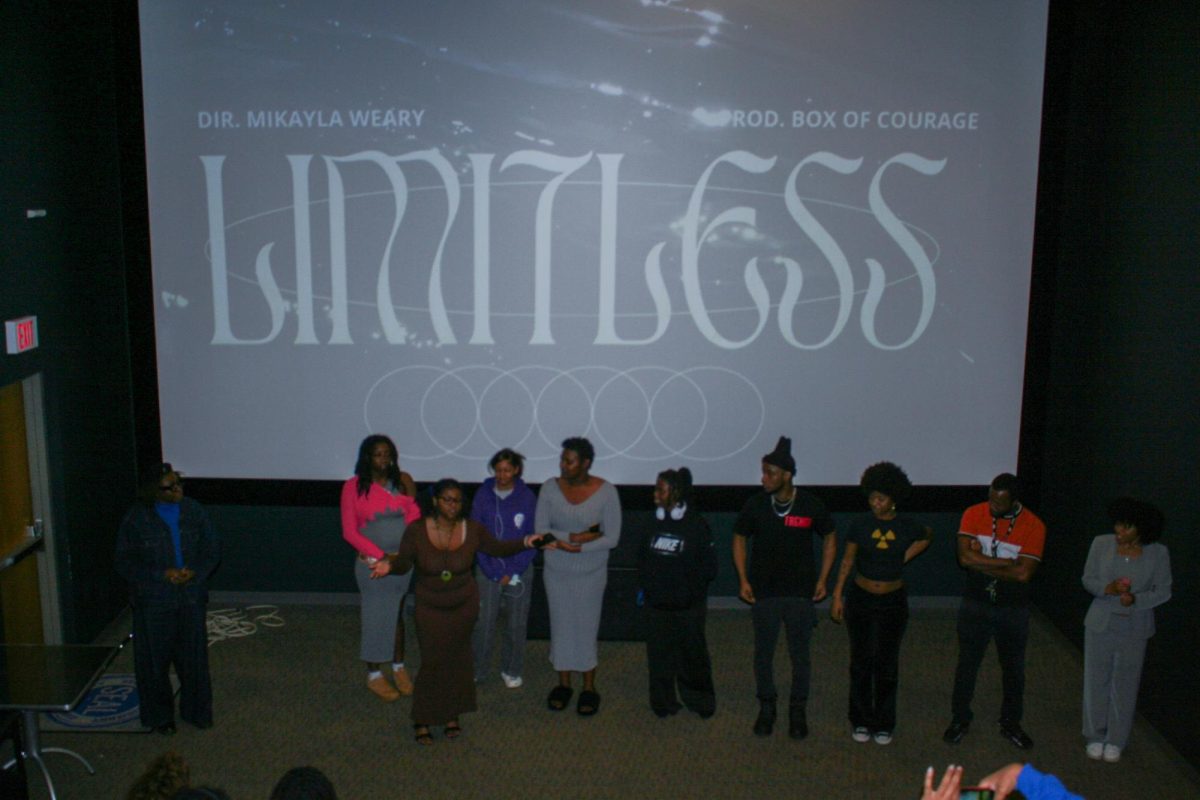The first of two finalists in Dillard University’s presidential search completed evaluation sessions with Dillard faculty, staff and students on Thursday, Sept. 23 and Friday Sept. 24.
Candidate one, John Silvanus Wilson, Jr., whose name was revealed to The Courtbouillon by several Dillard students who attended the session, is the executive dean of the research and technology campus of the George Washington University Virginia Campus. Wilson created a buzz on campus, despite the search committee’s attempt to keep the process hush-hush.
This included concealing the identities of both candidates to the public and the media. Maureen Larkins, Dillard University’s director of communications disclosed that after Dillard’s board meets on Oct. 1 and 2, the successful candidate’s name will be officially released.
Larkins did not confirm or deny the identity of the first candidate and told The Courtbouillon that university administration will adhere to the procedures of the search company, Boston-based Isaacson, Miller, which calls for closed meetings.
The second candidate’s name is also being kept a guarded secret by the search committee and will be introduced to the Dillard community during visits to campus on Sept. 28 and 29. The candidate is expected to undergo similar evaluations, with question and answer sessions with students and faculty, who grade the candidate on various criteria on a scale of one to five.
Charles Ferguson, chair of the board and the search committee, said in a recent Times Picayune article that the board wanted to introduce the final candidates to the Dillard community first and was not obliged to open the discussion to the public.
But not everyone agrees with the method.
“Students should not have been brought in at the last minute,” said Michael Green, a freshman urban studies and public policy major.
“A search group does not necessarily understand students’ problems and should not have waited until the last two candidates were chosen to get the students involved,” said Green, a Baton Rouge native, who attended the student evaluation session on Sept. 24.
Some students, however, were impressed with Wilson, a Morehouse College alumnus, but are holding out until after screening the second candidate before making their final decision.
Wilson, a Philadelphia native, who has also served as the director of foundation relations at the Massachusetts Institute of Technology, according to the institute’s official website, brings a resume stocked with Ivy League level administration skills. He became MIT’s assistant provost for outreach in 1996, according to the website, and was also an assistant professor at the Harvard University Graduate School of Education.
Green said that during the session many students raised the question to Wilson on what he would do to tackle Dillard’s financial woes that have been gathering recent local media attention.
Ferguson had said in the Times Picayune article that the university did fall short of its budget expectation but that drastic steps like pay cuts or lay-offs was not an option. He added that, if need be, the university’s endowment served as a last resort.
Green said Wilson pointed to the fact that he raised about $50 million for MIT.
“On an administrative level there are differences between an Ivy League and an HBCU,” Green said. “They have more prestige and resources.”
But Green said that Wilson was quick to point out his fundraising abilities where black colleges are concerned. Wilson was the head of the Greater Boston Morehouse Alumni Association in 1999.
Wilson told students that “fundraising is not a solution to debt, but it is necessary for a school to survive,” according to Green. Wilson also described the university as “hemorrhaging” from its outstanding debts, and that before the university sought to bring more funds in, it must show that it could manage the funds it currently holds.
Dillard’s financial situation has bothered parents and students alike, including Green’s, but according to Angela K. Thomas, a junior theatre arts and speech communication major, it was not enough to bring students out in numbers to get involved in the process.
“We can’t sit around and complain and not try to work for something better,” said Thomas, a Shreveport, La. native. “I think this place should have been filled,” she said referring to the Samuel Du Bois Cook Centre auditorium on Sept 24, which she said, had roughly 50 students scattered about.
But the students present were fired up, Green said.
“The students asked a wide variety of questions that really challenged him to think and to not give us a cosmetic answer, but to really dig deep and give us some heartfelt answers,” Green said.
Tamara Baptiste, an international student from Trinidad and Tobago, said that Wilson seemed like a person who makes students feel at ease.
“I think he’s very approachable, open and transparent,” said Baptiste, a junior international business and French major. Baptiste said that Wilson immediately identified her face as being on the front cover of a Dillard brochure. “I think he is interested in making Dillard recognized by promoting the university internationally.”
Exodie Roe III, a junior political science major, said that Wilson was put to the test when Byron Hunter, a graduating senior from Dallas, Texas, asked him flatly, what year Dillard was founded. Roe, a Stockton, Calif. native, said Wilson paused while students waited for the response, and then delivered Dillard’s history with confidence and accuracy to an approving student audience.
“He’s a good public speaker,” Roe said. “But you can’t judge him until he gets in office.”
Roe and other students agreed that Wilson presented himself as approachable. Wilson indicated that he and his wife lived in a dormitory with students while at MIT, Green said.
His wife, Dr. Carol Espy-Wilson is a Stanford University graduate and received her Ph.D in electrical engineering from MIT. She is currently an associate professor in the electrical and computer engineering department at the University of Maryland, according to the university’s official website.
Although Wilson wooed some students, others anticipate what the next finalist would bring to the table.
“The presidential hopeful seemed a bit diffident upon his initial encounter with the student body,” Hunter, a public health major said. “But he does have potential to be a leader. I’m anxious to meet the next candidate.”
Shearon Roberts is the Editor in Chief of the Dillard University Courtbouillon and Shawnee McFarland is the Online / Opinions editor for the Courtbouillon.

